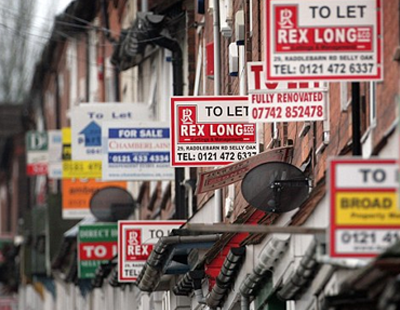Buy-to-let landlords selling up to escape tax crackdown
08-30-2015

Buy-to-let landlords are gearing up to offload their properties after waking up to the impact of Chancellor George Osborne's recent tax crackdown, reports suggest.
Hundreds of thousands of landlords could lose thousands of pounds per property after Chancellor George Osborne announced a crackdown on higher rate tax relief in his emergency Budget in July.
Specialist accountants have warned that amateur landlords face a severe dent in their profits from buy-to-let.
New research suggests that landlords and their accountants are only just waking up to the implications of the complex new tax regime, which is phased in over three years from April 2017.
A report in The Daily Telegraph said some landlords are already paying 100% of their profits in tax and the changes could increase that to 150%. They are beginning to sell up as a result.
It said that all higher-rate taxpayers who own buy‑to‑let properties on which there is a large mortgage will pay substantially more tax.
Even some basic-rate taxpayers will be hit, because the change will push them into the higher-rate tax bracket.
The worst afflicted will see the amount of tax they pay double, while some will pay 100% of their profits in tax.
This is forcing them to increase their rents sharply, or sell up.
The report noted that "modest middle-class savers who have prudently chosen to invest in buy‑to‑let” to supplement their retirement income will be hit hardest of all.
Wealthy landlords who don't need mortgages won't be affected, while many professional landlords with large portfolios can set themselves up as limited companies to avoid the tax.
Accountancy firm Smith & Williamson, quoted in the article, calculates that any higher-rate taxpayer landlord whose mortgage interest is 75% or more of their rental income, net of other expenses, will see all of their returns wiped out by 2020.
So mortgage costs above 75% of rental income will mean the buy‑to‑let investments become loss-making, it said.
For 45% taxpayers, the threshold is 68% of rental income. Those who bought recently with larger mortgages are likely to be hit hardest.

